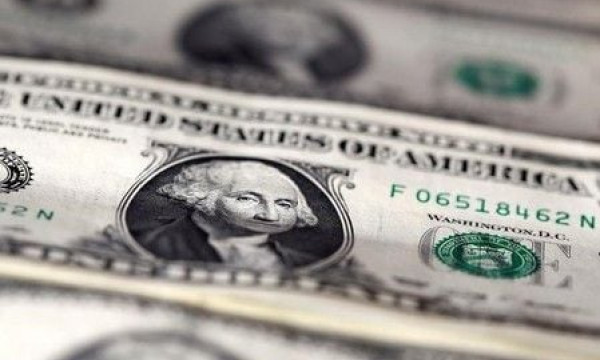German Business Sentiment Inches Higher Despite Tariff Turbulence

The German business confidence indicator showed an unexpected increase in April despite European businesses facing uncertainty from US President Donald Trump's tariff policies. The Ifo Institute announced a business-climate index rise to 86.9 during April based on responses from 9,000 firms operating across manufacturing services trade and construction sectors which surpassed the 85.1 expectation from economists according to The Wall Street Journal.
Ifo President Clemens Fuest explained that businesses expressed increased positivity about their present situation yet their outlook on the future became more negative. According to Capital Economics economist Franziska Palmas tariff frontloading likely increased April activity but she emphasized that the German economy remains in a very weak condition. Major German automotive producers Volkswagen BMW and Mercedes-Benz along with several other industries are affected by the 10% U.S. tariff on all goods combined with 25% duties on steel and aluminum and automobiles.
The German pharmaceutical industry stands at risk of facing additional tariffs that could harm companies such as Bayer. ING’s Carsten Brzeski doubts whether German businesses have sufficient resilience or they fail to grasp the actual effects of Trump’s tariffs. He asked a question about whether financial markets show more caution or if German businesses demonstrate foolishness. The ZEW Mannheim survey showed that more than 80% of German companies expect negative economic outcomes from Trump's policies. According to Fuest the economy prepares for disruptive changes because uncertainty has risen.
The International Monetary Fund cut its 2025 growth forecast for Germany to 0% after the economy experienced two consecutive years of contraction from 2023 to 2024. Bundesbank President Joachim Nagel predicted a minimal recession would occur this year. A combination of European Central Bank rate cuts and Germany’s flexible fiscal policies enables big defense and infrastructure investments which should boost consumer spending and investment for economic recovery in 2025.
Still, risks loom. Capital Economics’ Palmas predicts GDP will decrease for three years consecutively if Trump removes the tariff suspension or if Germany’s fiscal stimulus weakens. The slight sentiment improvement indicates cautious optimism but German businesses must walk through challenging conditions because of ongoing tariff threats and economic instability.

Dominic Maley is an American journalist recognized for his sharp and insightful reporting on social and political issues. His work is known for its depth, integrity, and the ability to highlight critical societal concerns.